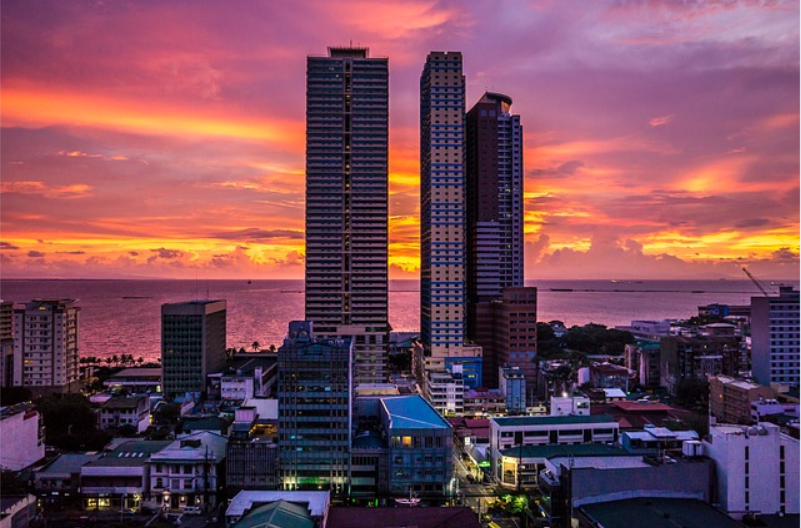“…even with the high approval ratings, external and investor perceptions of his government will remain volatile. The reason is that while opposition to Duterte is in the minority and highly fragmented at both the popular and political level, the political anger within these groups for his administration’s policies is also high. Furthermore, Duterte appears more intent on isolating them, which is likely to increase the level of polarization next year. … the noise that the opposition can generate … will be significant and can noticeably affect perceptions of political risk and volatility,” according to a Teneo Intelligence note posted by Dimitra DeFotis of Barron’s.
Philippine stocks currently traded at a slightly higher multiple than their Thai counterparts and are about inline with Indonesia, two markets against which the Philippines is frequently compared.
A stronger U.S. dollar is helping Philippine stocks. Foreign remittances are now worth more when converted into pesos, helping boost the local economy.
Government spending is another theme to watch.
“Some of the higher spending of the next few years assumes that the government’s tax reforms will be approved by congress. However, the Lower House of Congress – from which tax revenue bills must originate by law – has not yet acted on the proposed reforms almost three months after receiving the draft from the executive,” according to the Teneo note seen in Barron’s.
For more information on the Philippine market, visit our Philippines category.
